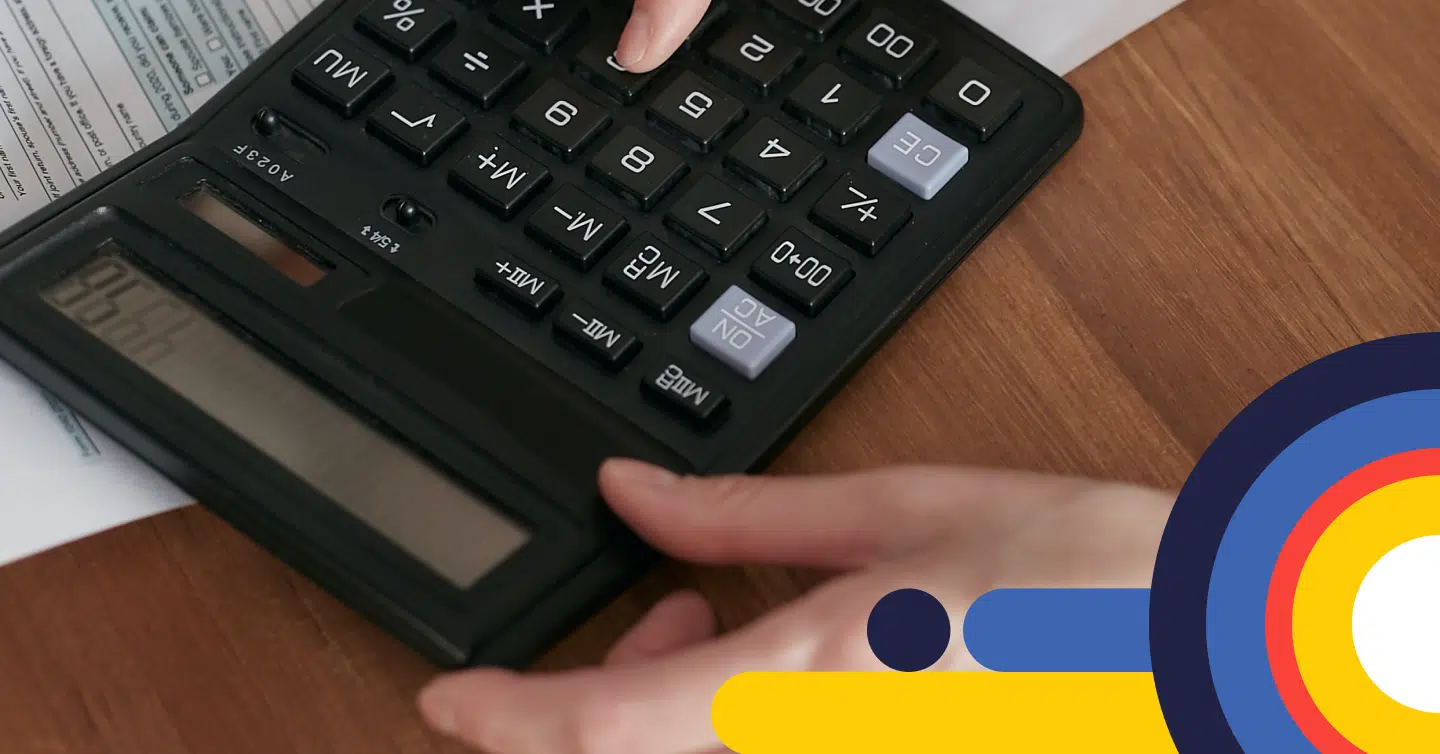What is a Good Credit Score vs a Bad Credit Score?

Table of contents
If you’re planning on buying a new home, then it’s probably a good time to figure out what your credit score looks like. Thinking about your credit score can be intimidating and stressful, but we’re here to demystify the process! In this article, Catherine Schwartz– financial editor at Crediful, offers us her expertise in investing, credit, debt and banking to break down what is a good credit score vs a bad credit score.
Key Highlights
- A good credit score shows you have demonstrated exceptional past credit behaviour, which may give potential lenders and creditors more confidence in extending your credit.
- A bad credit score demonstrates an individual’s history of failing to pay bills on time, indicating the likelihood that such an individual will default on future payments.
- Maintaining a good credit score requires paying bills on time, reducing credit card balances, and avoiding applying for too much new credit.
What is a good credit score vs a bad credit score?
According to a study by Ipsos, about 69% of Canadians don’t know their current credit score, with many others unwilling to learn about it. This can be problematic, as many people need to realize that their credit score is essential to their financial life.
A credit score is a numerical value that represents an individual’s creditworthiness. Many lenders, landlords, and financial institutions use credit scores to assess the risk of extending credit or lending money to an individual.
Credit scores usually range from 300 – 900, and within that range, the scores can be classified into five categories; poor, fair, good, very good, and excellent. Higher scores indicate lower risk and a better credit history than those with lower credit scores.
There are many financial benefits that individuals with a good credit score can enjoy. For example, they will find it easier to qualify for loans and credit cards, and they may pay lower interest rates and fees.
A good credit score can also help rent an apartment or buy a home because most mortgage lenders consider credit scores when evaluating potential borrowers.
Conversely, having a bad credit score can make it difficult for an individual to secure financing and may result in higher interest rates and fees. It can also affect an individual’s chances of renting an apartment or home, as landlords might want to avoid taking a chance on an individual with a low credit score.
According to Colin Palfrey, CMO of Crediful, “It is essential that individual’s pay close attention to their credit scores. Even though there are several factors that can affect an individual’s credit score, it is important to manage credit responsibly by using credit wisely, paying bills on time, and monitoring credit reports to ensure accuracy.”
This article will explore everything you have to know about good and bad credit scores, including the benefits of having a good credit score and the consequences of having a bad credit score.
Find a better rate, and we’ll match it, beat it, or give you $500*.
*Conditions Apply
With nesto, it’s stress-free
What is a good credit score?
A good credit score shows you have demonstrated exceptional past credit behaviour, which may give potential lenders and creditors more confidence in extending your credit.
Although the credit score ranges vary depending on the scoring model used, the following is the generally accepted range.
• 660 to 724 – good
• 725 to 759 – very good
• 760 and above – excellent.
However, the definition of a ‘good’ credit score may vary depending on the lender’s terms and the type of credit you seek. While some lenders may consider a credit score of 660 to be satisfactory, other lenders may require a higher score.
Benefits of having a good credit score
Having a good credit score can give you access to several benefits, including:
• Access to credit: Lenders and financial institutions often use credit scores to determine whether to approve a loan or credit card application. A good credit score can increase your chances of being approved for credit and may also result in more favourable terms, such as a lower interest rate.
• Lower interest rates: Credit scores can affect the interest rates that come with loans and credit cards. A higher credit score may result in a lower interest rate, saving you money on borrowing costs.
• Better insurance rates: Some insurance companies use credit scores to determine the premiums they charge. A good credit score may result in lower insurance premiums.
Anthony Martin, Founder and CEO of Choice Mutual, adds, “Many insurance companies check your credit score to gauge the level of risk that comes with insuring you. As a rule of thumb, people with good credit scores are seen as low risk.”
• Ability to rent an apartment: Landlords may check credit scores when approving a rental application. A good credit score may increase your chances of being approved for an apartment.
• Easier time buying a house: A good credit score can make getting approved for a mortgage easier and may result in a lower interest rate on your home loan. Therefore, a good credit score can make it easier to get your dream home.
What is a bad credit score?
A bad credit score demonstrates an individual’s history of failing to pay bills on time, indicating the likelihood that such an individual will default on future payments.
Carter Seuthe, Author of Credit Summit, states, “An individual with a bad credit score may be considered too big of a risk for many potential lenders or creditors. Why? Because it’s difficult to take a chance on someone who has a history of defaulting on debts.”
The following ranges are considered bad credit scores.
• 300 to 559 – poor
• 560 to 659 – fair
Individuals with such credit scores are believed to be a higher credit risk and may have difficulty obtaining loans and credit cards at favourable terms.
Several factors can contribute to a low credit score, including:
• Late or missed payments: If you have a history of missing or paying your bills late, it can negatively impact your credit score.
• High balances on credit cards: Carrying a high balance on your credit cards can also lower your credit score, as it may indicate that you are struggling to manage your debts.
• Multiple credit inquiries: Applying for multiple loans or credit cards in a short period can also lower your credit score, as it may indicate that you are taking on too much debt.
• Negative information on your credit report: Negative information such as bankruptcies, foreclosures, and collections can also lower your credit score.
Consequences of having a bad credit score
Having a low credit score can have several consequences, including:
• Difficulty obtaining loans: It may be more difficult to obtain loans or credit cards if you have a low credit score. This can make it harder for you to finance large purchases such as a car or a home and can also make it more difficult to access credit when you need it for emergencies.
• Higher interest rates: If you manage to obtain a loan or credit card with a low credit score, you may have to pay higher interest rates. This makes it more expensive to borrow money.
• Difficulty renting or leasing: Landlords and leasing agents may check your credit score as part of their application process. You may have difficulty finding a place to rent or lease if you have a low credit score.
According to Mark Pierce, CEO of Cloud Peak Law Group, “Not all landlords will check your credit history before letting out their property to you, which means renting a property while having bad credit is still possible. With that said, it’s best to be on the safe side and steer clear of bad credit scores.”
• Higher insurance premiums: Some insurance companies may use your credit score to determine your insurance premium. You may be charged higher premiums if you have a low credit score.
Final Thoughts
A good credit score is usually an indicator of financial responsibility and can be beneficial in obtaining loans and credit cards with favourable terms. On the other hand, a bad credit score can make it difficult to borrow money and may result in higher interest rates and fees.
Maintaining a good credit score requires paying bills on time, reducing credit card balances, and avoiding applying for too much new credit. It is also essential to check your credit report regularly to ensure that there are no errors or inaccuracies that may negatively impact your credit score.
Ready to get started?
In just a few clicks, you can see our current rates. Then apply for your mortgage online in minutes!















